



Industrial Control Chip Suppliers
Central control industrial chips play a crucial role in industrial automation, the Internet of Things (IoT), smart manufacturing, and other fields. These chips are the "brain" of industrial control systems, responsible for data processing, signal transmission, and the stability of system operations. As industrial intelligence, digitalization, and networking continue to advance, the demand for industrial control chips has been increasing, with more stringent requirements for real-time performance, reliability, low power consumption, and anti-interference capabilities. This article introduces several well-known central control industrial chip suppliers and their related products, discussing how they meet the needs of modern industrial control systems.
1. Intel
As a global leader in semiconductor manufacturing, Intel has long provided high-performance processors and chips for various industries, especially with wide applications in the industrial control sector. Intel’s industrial control chip series include:
- Intel Atom Series: Widely used in embedded and industrial control fields, the Atom series offers low power consumption, high performance, and multi-core processing, making it ideal for industrial automation, IoT gateways, and smart devices.
- Intel Core i Series: Targeted at industrial control applications requiring high processing power, these chips are used in high-end industrial computers and automation equipment.
- Intel Xeon: Suitable for server-level industrial applications that require extensive data processing and high reliability, particularly in industrial cloud computing and big data analytics.
Intel not only offers powerful hardware support but also collaborates with numerous software development companies to optimize the performance of its chips in industrial environments.
2. Texas Instruments (TI)
Texas Instruments (TI) is a well-known global supplier of analog and digital semiconductors. Its industrial control chips excel in real-time processing, low power consumption, and high-precision control. TI's products are widely used in industrial control, robotics, automotive electronics, and IoT. Key industrial control chip products include:
- TMS320 DSP Series: TI's digital signal processors (DSP) have widespread applications in industrial automation, particularly in high-speed data acquisition and real-time computation.
- Sitara ARM Processor Series: These processors feature efficient multi-core performance and are widely used in embedded systems and IoT devices, suitable for intelligent control systems, industrial gateways, and programmable logic controllers (PLCs).
- C2000 Real-Time Control Series: C2000 microcontrollers are ideal for motor control, automation control systems, and power management, offering efficient real-time computing and low power consumption.
TI’s industrial control chips are known for their high precision, low latency, and high reliability, becoming core components in many industrial automation solutions.
3. NXP Semiconductors
NXP Semiconductors is a global leader in the semiconductor industry, offering a wide range of industrial control chips, from high-performance processors to low-power microcontrollers. NXP’s chips are widely used in smart industrial control, automotive electronics, industrial automation, and IoT. Main products include:
- i.MX Series Application Processors: These processors are suitable for high-performance embedded applications, supporting graphical interfaces and multimedia applications, widely used in industrial devices, human-machine interfaces (HMIs), and automation control systems.
- LPC Series Microcontrollers: Designed for low-power embedded systems, these microcontrollers are widely used in industrial automation, sensor interfaces, and network communication.
- S32 Series Automotive/Industrial Control Chips: These chips provide powerful computing capabilities, rich interface support, and excellent anti-interference capabilities for demanding industrial control applications.
With its strong R&D capabilities and broad product portfolio, NXP offers a rich selection of chips for industrial control systems.
4. STMicroelectronics
STMicroelectronics is one of the leading semiconductor suppliers globally, offering a wide range of industrial control chip solutions across various fields, from microcontrollers to power management. ST’s industrial control chips are primarily used in industrial automation, sensor networks, and motor control scenarios. Main products include:
- STM32 Series Microcontrollers: Based on the ARM Cortex-M core, STM32 series microcontrollers feature low power consumption and high performance, widely used in industrial devices, embedded systems, and sensor networks.
- ST10 Series Microcontrollers: These are primarily used in automotive electronics and industrial automation control, featuring high processing power and a rich set of communication interfaces for complex control systems.
- VIPER Series Power Management Chips: The VIPER series is ST’s power management solution, widely used in industrial equipment and automation control systems.
STMicroelectronics’ advantage in industrial control chips lies in its comprehensive solutions and strong technical support, helping enterprises achieve intelligent, low-power, and efficient control systems.
5. ON Semiconductor
ON Semiconductor is a global leader in semiconductor manufacturing, with its industrial control chips widely used in industrial automation, automotive electronics, power management, and energy control. ON Semiconductor chips feature low power consumption, high efficiency, and reliability. Key products include:
- NCP Series Power Management Chips: These chips are particularly suited for power management and voltage control, widely used in industrial control and power tools.
- ARM Cortex-M Series Microcontrollers: ON Semiconductor offers ARM-based Cortex-M series chips, ideal for high-performance embedded control systems and sensor networks.
- Smart Sensor Series: ON Semiconductor also offers a series of industrial-grade smart sensors for environmental monitoring and automation control.
ON Semiconductor’s strength lies in its focus on high performance and reliability in industrial control applications, meeting the needs of smart and IoT-driven environments.
6. Semikron
Semikron is a company specializing in industrial power electronics, and its industrial control chips are primarily used in power management, inverters, motor drives, and electric vehicles. Semikron’s products include:
- IGBT (Insulated Gate Bipolar Transistor): Widely used for power regulation and motor drives in industrial automation.
- Power Modules: Semikron offers high-performance power modules, widely used in industrial power transmission and control systems.
Semikron’s chips are known for their high efficiency and stability, making them suitable for industrial control systems that require high power management and power conversion.
Conclusion
The above companies are major players in the central control industrial chip field. By offering high-performance, low-power, and highly reliable chips, they help industrial enterprises enhance the efficiency and stability of their control systems. As industrial intelligence and digital transformation continue to evolve, future industrial control chips will focus more on integration, intelligence, and networking. Suppliers will need to innovate continuously to meet the market’s diverse demands for high performance, flexibility, and cost-effectiveness.

Please contact us if the source is mislabeled or violates your legal rights.
We will promptly correct and delete, thank you.

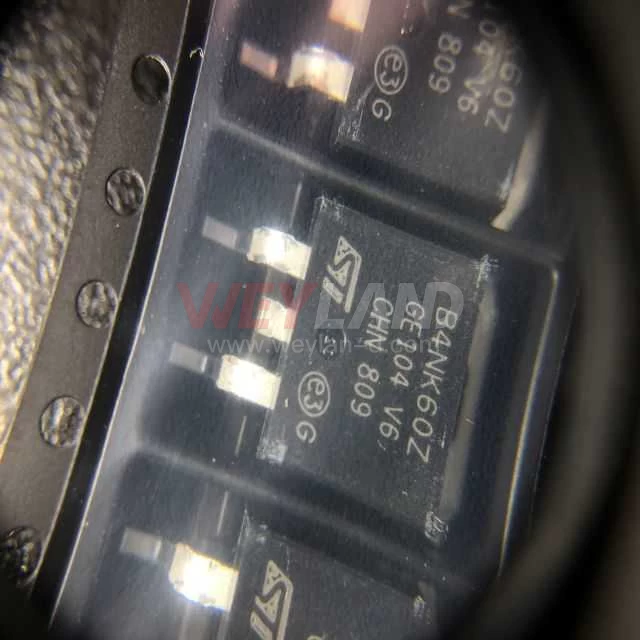
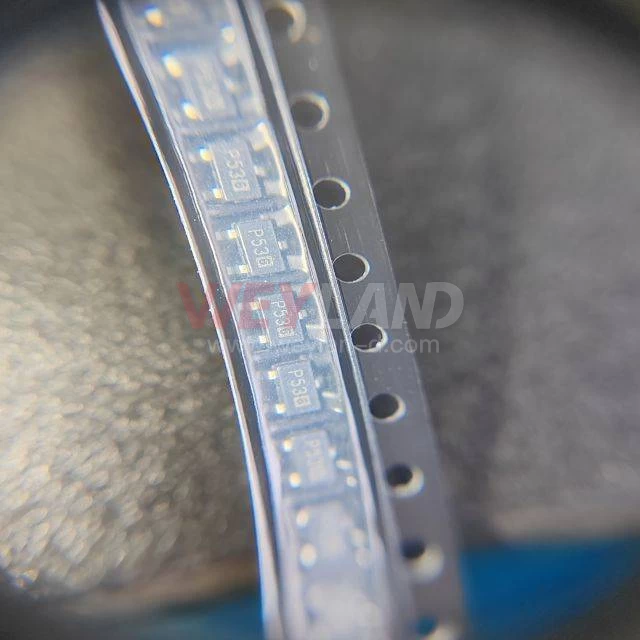
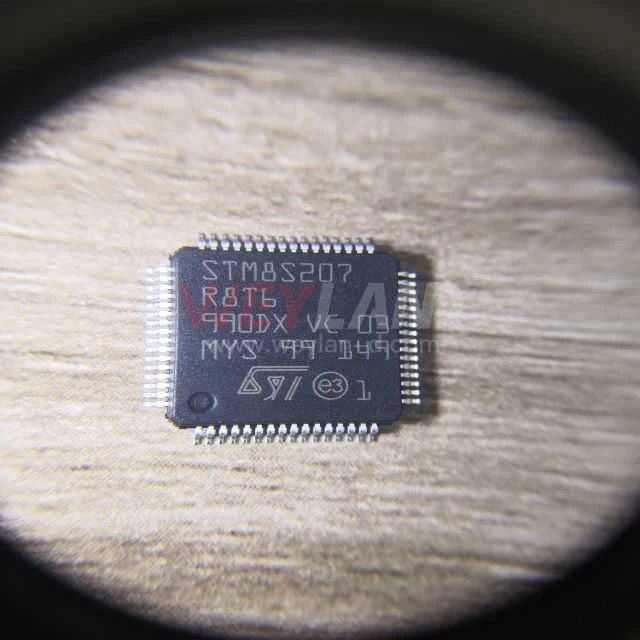
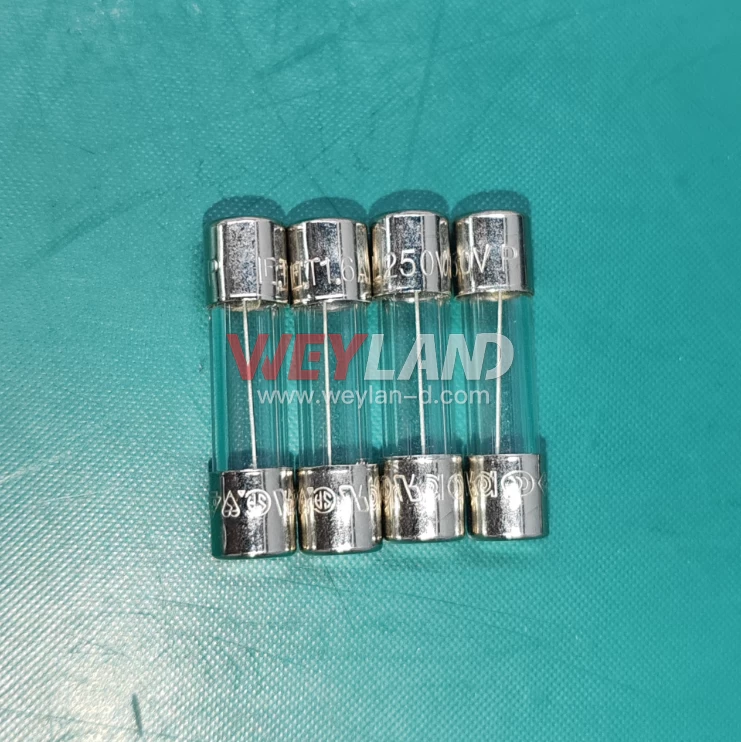
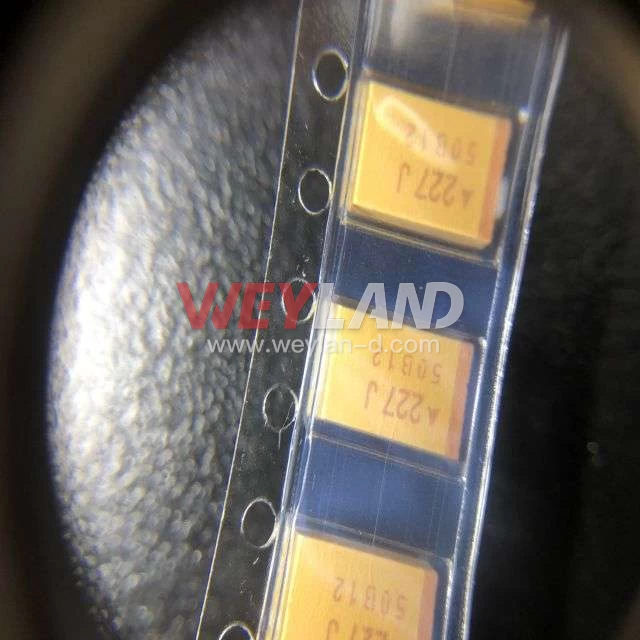
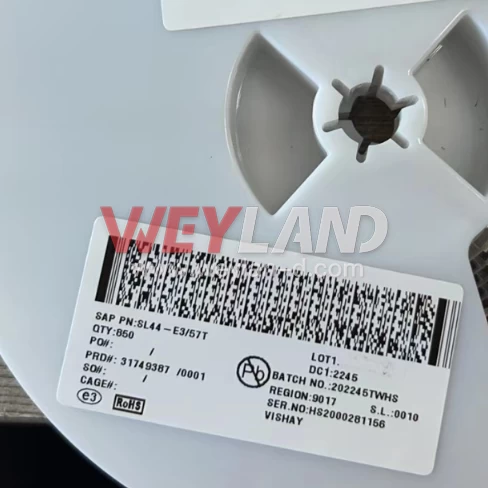
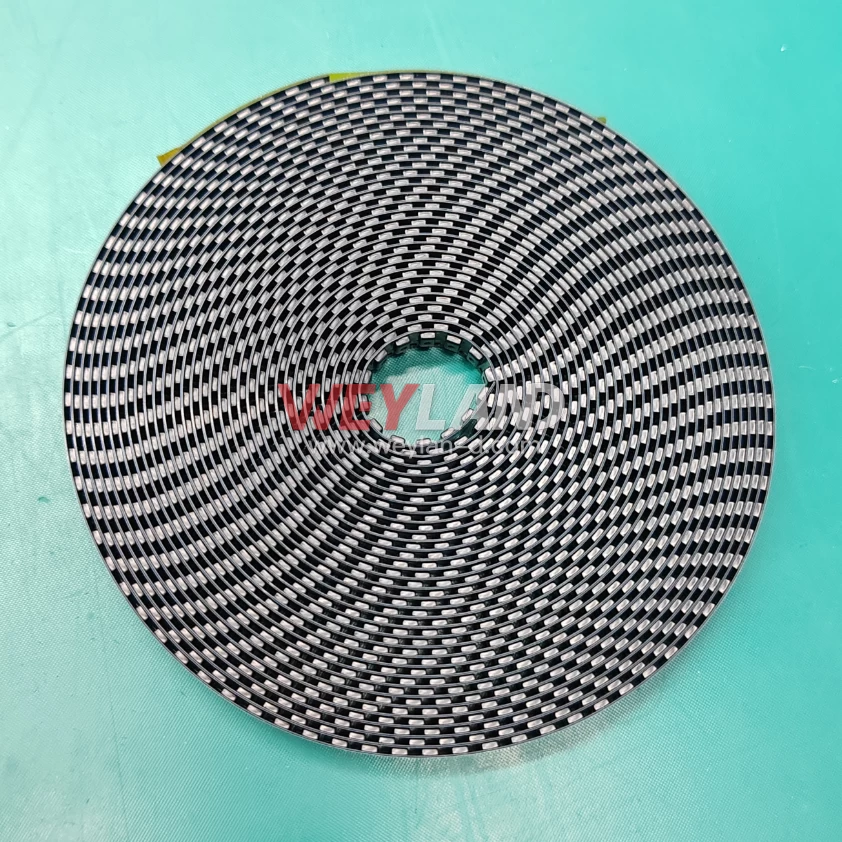
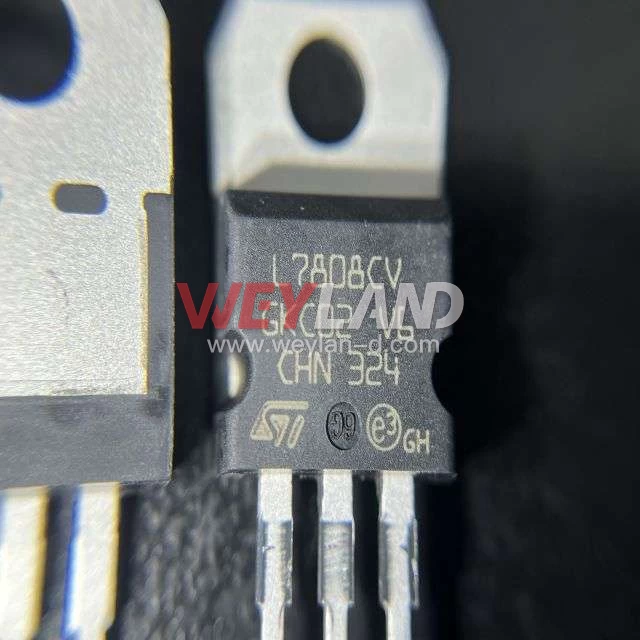

.9246509.png)




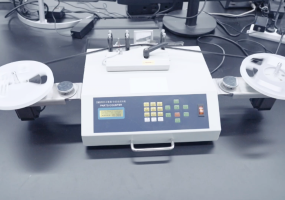







[email protected]
7500A BEACH ROAD #04-307 THE PLAZA SINGAPORE (199591)
RM 705.7/F.FA YUEN COMM BLDGNO.75-77.FA YUEN STREET.MONGKOK.KLN.HONG KONG
